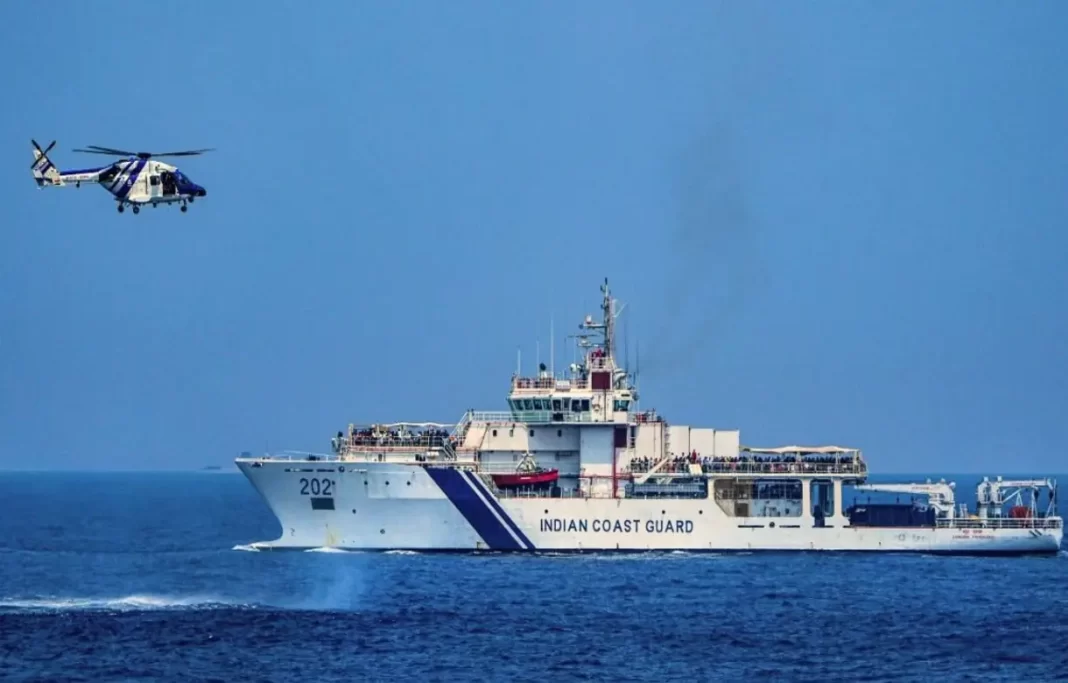The Indian Coast Guard while responding to a woman officer’s plea seeking permanent commission informed the Supreme Court that several infrastructural changes are to be made to send female officers on sea-borne missions.
The affidavit mentioned that the Indian Coast Guard, primarily a sea-going service, allocates 66 percent of its billets for managing afloat units. It added that limited shore billets result in prolonged sea tenures for officers.
It explained that therefore only 10 percent of shore billets or appointments were considered for the women officers for permanent entry, as at that time it was considered that the ships were not designed to provide separate accommodation or facilities for women entry.
The affidavit asserted that in an attempt to address these challenges, the Indian Coast Guard stresses on the need for operational measures and a phased approach. It noted that the operational measures would involve enlarging the infrastructure to accommodate more women officers, especially on ships designed with accommodations for women. In addition, the phased approach aims to systematically implement changes to make the working conditions conducive for women officers on board ships.
Previously, while hearing the petition, the bench led by Chief Justice of India DY Chandrachud had questioned the Indian Coast Guard for not granting permanent commission for women, although other defence forces like Army, Navy and the Air Force have started giving such relief to women following the judgements of the Supreme Court.
The Chief Justice also told the Attorney General that the argument of functional differences cannot be used in the present age to deny equal treatment to women. It was also highlighted that the nature of Coast Guard ships, operating in isolated sea areas for extended periods, poses unique challenges along with the sea conditions, including rolling and pitching, requiring safeguards against discomfort during duties. Furthermore, the current training curriculum for women officers lacks afloat training, crucial for sea-going duties. The Indian Coast Guard acknowledges the need to modify training to include skills required for sea-going billets.


